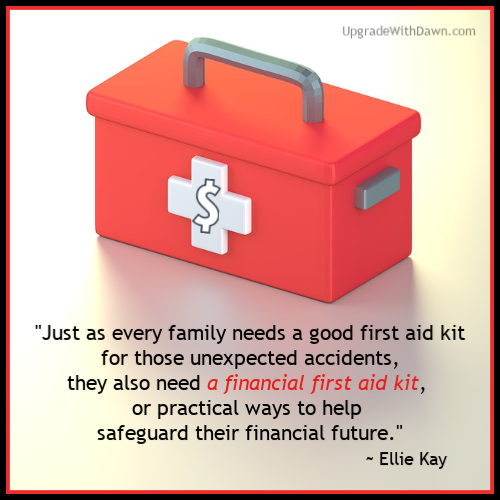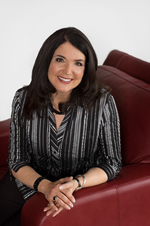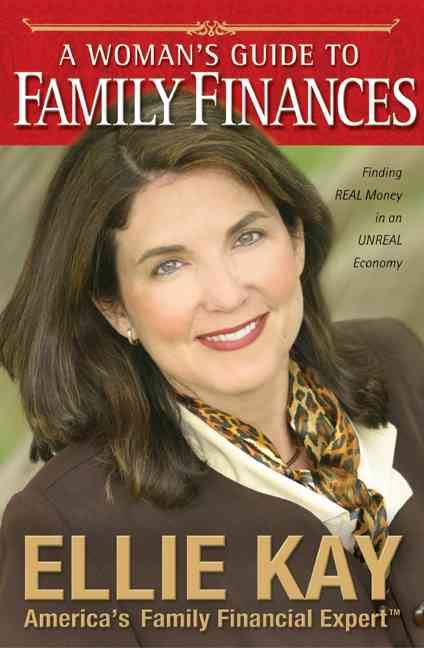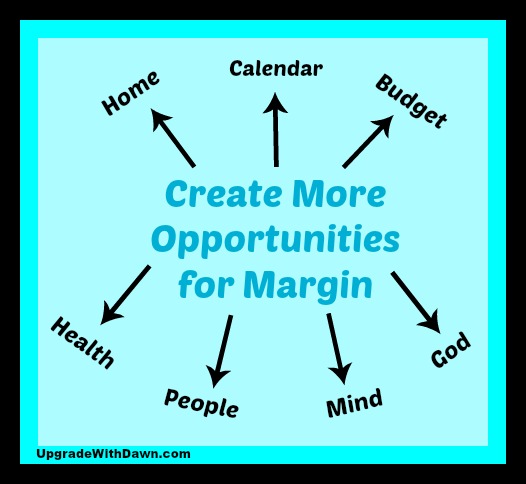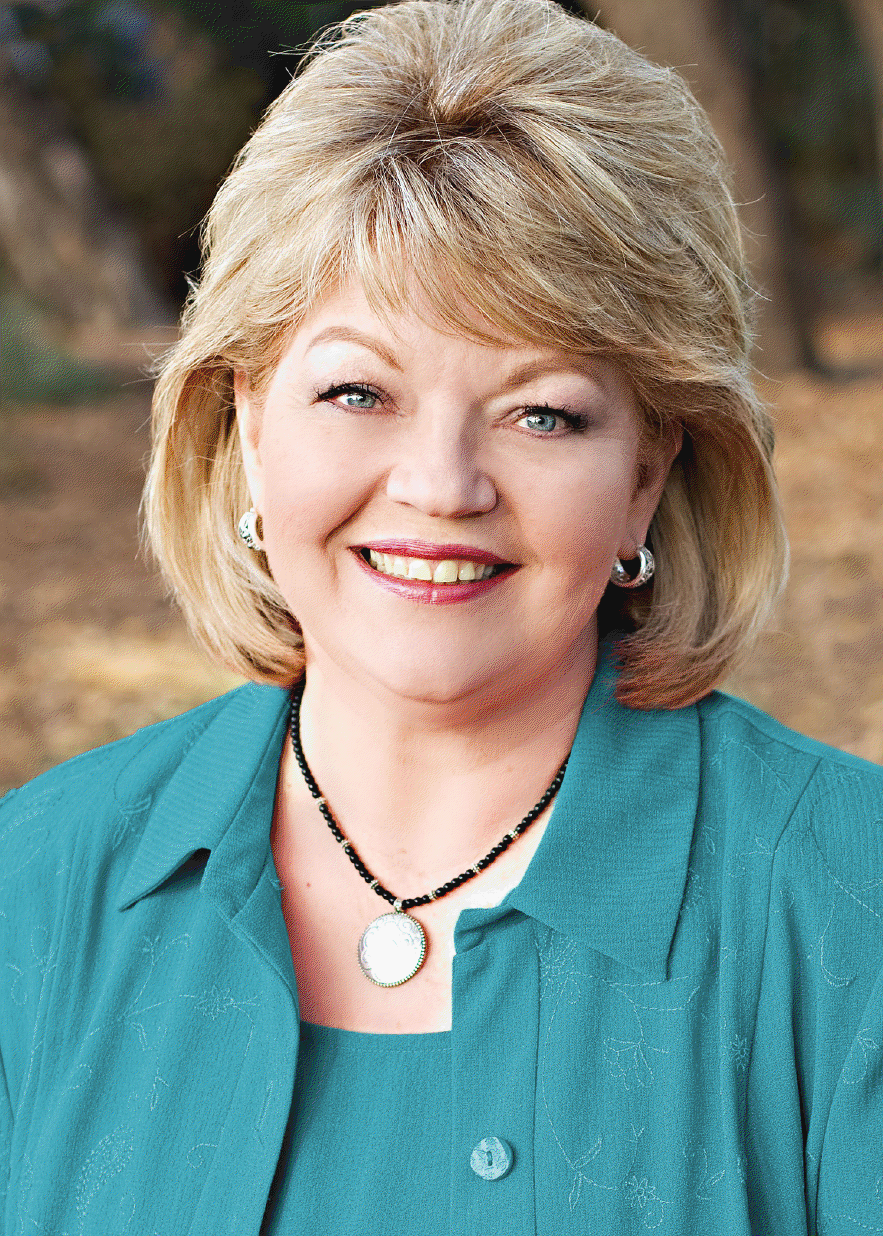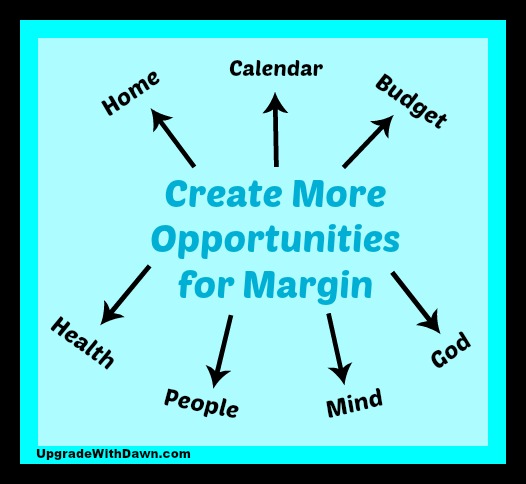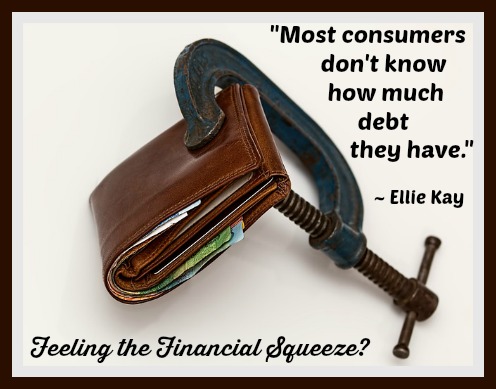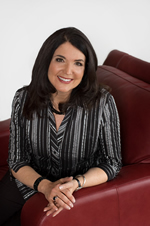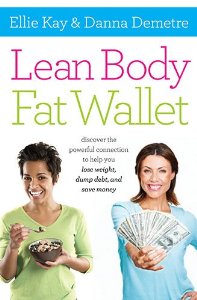Honoring Heroes at Home
Ellie Kay is known as America's Family Financial Expert, but she's also the founder and CEO of Heroes at Home and an alumnus of the Military Family Advisory Network. She is an Air Force spouse, mother of seven—including three in the military—and the author of 15 books. In this July 4th UPGRADE, with a special emphasis on the military, Ellie shares financial tips for the military that are helpful for everyone!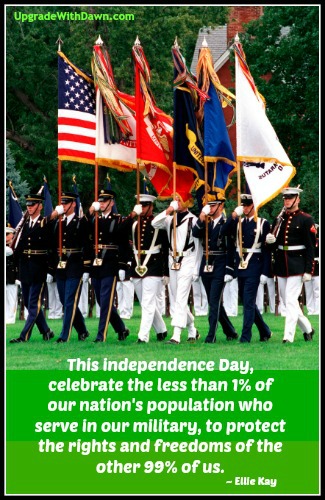
"I looked out at the audience of 1300 young Airmen who had gathered at Sheppard Air Force Base to watch Heroes at Home Financial Education event." Ellie said.
"They were tired, hungry and had been told that: 1) they would skip dinner at the 1800 hour, and 2) they were going to sit in on a mandatory 2-hour financial brief.
"To say they were not a happy audience would be a gross understatement."
I (Dawn) got to know Ellie Kay because of her emphasis on financial freedom, but soon found out her strong passion for the military—which is why I wanted her to write something for July 4th. In this article, she combines two of her passions: financial freedom with helping our military Heroes at Home.
Ellie continues . . .
During our live Twitter contest, they were to tweet the best financial tips from the show and a winner got the prize.
Instead, they tweeted photos of hamburgers, tacos, and fried chicken.
One of our resourceful team members had a conversation with the powers that be and we got the chow halls to stay open past the normal time, so they could eat. When our emcee made the dinner announcement, it got the biggest applause thus far in our show!
But by the time we finished with our high-energy, quickly-paced show, they were smiling, happy and getting into the tips we shared. We are dedicated to helping military families and all Americans, find financial freedom.
We celebrate Independence Day and the less than 1% of our nation’s population who serve in our military, to protect the rights and freedoms of the other 99% of us.
But we can all support our military members by saying, “Thank you for your service,” and letting them know we appreciate their work on our behalf.
If you want to go above for those who have gone beyond, then you could also:
- send care packages during deployments,
- offer to do free yard work for the family left at home,
- or give a military family gifts cards for the movies, restaurants or other forms of entertainment.
One more way to thank our military is to help them with financial readiness.
Here are some tips that apply to everyone.
1. Credit Scores
Military members can lose their security clearance if they get into trouble with credit, so their jobs depend on having a decent credit score and what that represents about their debt.
No matter what your financial picture is, it’s critical for every person to improve their own FICO (Fair Isaac Credit Scores). These scores determine not only the APR you pay on a home or car loan, but they also impact auto insurance premiums, whether you’ll get the promotion or the job (many employers check FICOS), whether you pay a security deposit for utilities, and much more.
You can go to Credit.com or Experian.com to check your score and they’ll even give you specific ways to improve each area of your credit score.
You can improve your FICO in three easy steps:
- Pay early. Set up automatic payments online so you will never be late.
- Pay More. Add $5 to $10 more than the minimum balance that is due; this indicates you are paying down debt.
- Pay Proportionally. Also known as credit utilization, make sure that you don’t have more than 30% of the available credit charged on any one card at any time. For example, a card with a $5000 limit should never have more than $1500 charged.
2. Cut Existing Costs.
It only takes 15 minutes to save hundreds of dollars. Once you save money in one area, then use those funds to pay down consumer debt or to build up a savings account.
- Auto Insurance. Once a year, compare policies by getting a variety of quotes. Take the cheaper price back to your existing provider and tell them you will switch companies unless they can match the price. Be sure to check out quotes from USAA.com since you are military and qualify to be a member.
- RetailMeNot. Download the RetailMeNot app or bookmark it on your computer. This is a code site that offers 400,000 coupon codes at any given time. Just enter the store’s name and you’ll see all the codes to get the better prices. Use this on entertainment, travel, electronics, or any kind of online shopping or in the mall.
- CouponMom.com. I was one of the original extreme couponers, and I saved 161k while raising my kids by using coupons. If you go to this site, she’s done all the work for you and will tell you what is on sale in your neighborhood, what codes are available, what coupons are out for the item and which stores double coupon. I calculated that over the course of twenty years, I saved our family over 160K!
3. Free Credit Counseling
With a slow economy comes an influx of those who want to "help" prepare you for the worse by consolidating your debt. However, most “for profit” debt-counseling companies charge a hefty fee for their services, which is usually tacked onto your debt load.
Instead, go to the National Consumer Credit Counseling Service found at www.nfcc.org and use their FREE services.
4. Budget Baby
If you don't have a budget as part of your lifestyle, then yesterday was the day to start.
Set one up with a budgeting app such as mint, Wally or Every Dollar.
The problem for a lot of families is not having a budget, it’s sticking to a budget.
Set up a “budget date” once a month with your spouse to revisit how the plan is working. This kind of regular accountability works as well in finances as it does in Weight Watchers. When you know there will be someone asking you why you bought that purple mohair sweater for $198, you’re less likely to give into the impulse to go off budget.
EVERYONE: During this time of the year, be sure to thank those Heroes at Heroes at Home—and if you know a Vietnam Vet, then say “welcome home” because most of them have never heard those words from a grateful American.
For more information on where Ellie Kay’s Heroes at Home is visiting next, explore their website at HeroesAtHome.org.
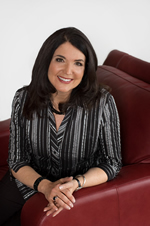
Ellie Kay is the best-selling author of fifteen books including Lean Body, Fat Wallet, and Heroes at Home. She is a Toastmaster Accredited Speaker as well as a popular international speaker and media veteran who has given over1,200 media interviews including appearances on ABC, CNBC, CNN and Fox News. As a popular columnist, she writes for six national magazines and has been a Subject Matter Expert for the Wall Street Journal, New York Times and Washington Post. Currently, Ellie provides financial education to military members through her “Heroes at Home Financial Event” sponsored for USAA. Ellie is married to LTC Bob Kay and they have seven children.
Graphic adapted, Flags of the Military, Wikipedia.
 Post a Comment → Posted on
Post a Comment → Posted on  Thursday, July 4, 2019 at 10:00AM
Thursday, July 4, 2019 at 10:00AM  Ellie Kay,
Ellie Kay,  Finances,
Finances,  Financial Freedom,
Financial Freedom,  Financial Help for the Military,
Financial Help for the Military,  Military,
Military,  Upgrade with Dawn Upgrade Your Life
Upgrade with Dawn Upgrade Your Life  Finances,
Finances,  July 4th,
July 4th,  Military
Military 




